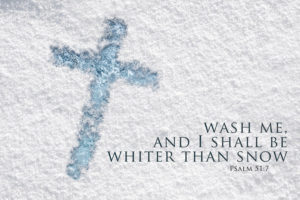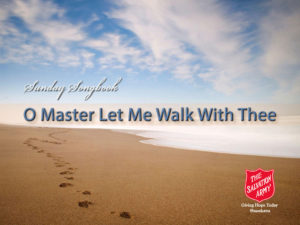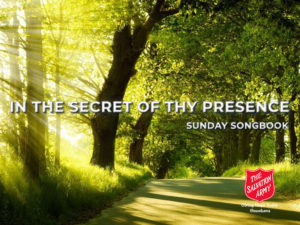Away in a manger, no crib for a bed,
The little Lord Jesus laid down His sweet head;
The stars in the bright sky looked down where He lay,
The little Lord Jesus asleep on the hay.
The cattle are lowing, the baby awakes,
But little Lord Jesus, no crying He makes;
I love Thee, Lord Jesus; look down from the sky
And stay by my cradle ’til morning is nigh.
Be near me, Lord Jesus; I ask Thee to stay
Close by me forever and love me, I pray;
Bless all the dear children in Thy tender care,
And fit us for Heaven to live with Thee there.
Who would expect that this lovely carol for children would be mired in controversy as to its writers? It has long been attributed to Martin Luther, and is shown as such in the 1987 Salvation Army Song Book, but in the 2015 Song Book, it is listed as “Anonymous”. This is because extensive research done by American musicologist Richard Hill in the 1940s found that the carol was written long after Luther’s time. It was first sung in 1883 at a celebration in a Lutheran church in Pennsylvania, marking the 400th anniversary of the birth of Martin Luther. For some reason, James R. Murray, the probable composer of one of the tunes associated with the carol, actually wrote in his book, Dainty Songs for Little Lads and Lasses, that Luther had written the song for his children and that German mothers still sing it to their little ones! There are people who still find it difficult to believe that the song was not the creation of Martin Luther, since it has been labeled as such for so long.
Murray’s tune is called Luther’s Cradle Hymn by some, but in the 2015 S.A. Tune Book it is titled The Manger Scene . The other of the two tunes most used is called Away in a Manger and was written by William Kirkpatrick. Hill’s research showed that over the years, forty-one tunes have been used for this song!
Whatever its origins, this carol gently brings us to the side of the manger with a sense of quietness and peace. May we all experience this once again at some point in our Christmas worship and celebration.
WORDS: ANONYMOUS MUSIC: 1)WILLIAM KIRKPATRICK 2)JAMES MURRAY
S.A. SONG BOOK, 1987 EDITION, # 77; 2015 EDITION, # 102
REFERENCE: HOWES, IAN, CELEBRATION MORNING







